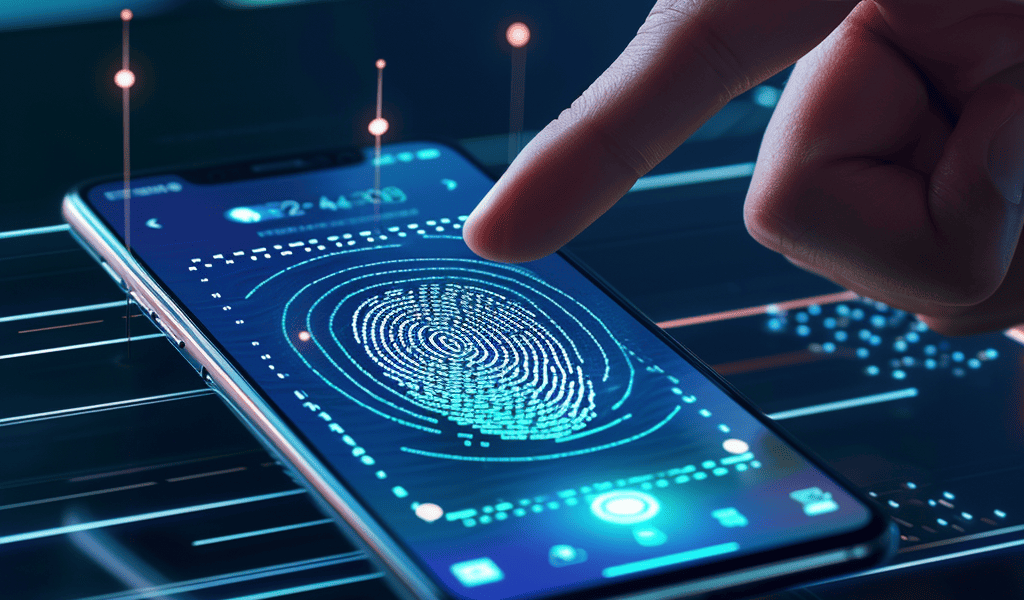As technology continues to advance, the idea of a world without passwords is becoming increasingly feasible. Rohan Ramesh, Director of Product Marketing at Entrust, explores this concept and delves into the potential implications of a passwordless society.
Passwords have long been a staple of digital security, used for everything from accessing social media accounts to logging into bank accounts. However, the burden of remembering and managing passwords has become a significant issue for many users. In fact, studies show that a majority of consumers reset their passwords at least once a month due to forgetfulness.
Additionally, the reliance on password managers has its drawbacks, with some services requiring costly subscriptions. This has led to the development of bad security habits, such as using weak or recycled passwords, which can ultimately result in compromised credentials and security breaches.
In response to these challenges, there has been a growing push to move towards a passwordless future. Biometric authentication, such as fingerprint and facial recognition, has already gained widespread acceptance in the form of smartphone security features. These methods not only offer a more convenient user experience but also provide enhanced security compared to traditional passwords.
One of the key advantages of passwordless authentication is the improved user experience it offers. By eliminating the need for users to remember complex passwords, the authentication process becomes more seamless and less prone to user error. Furthermore, when combined with risk-based step-up authentication, passwordless solutions can provide an optimal balance between security and user-friendliness.
Moreover, the adoption of passwordless technology contributes to stronger security measures. While traditional password systems are vulnerable to cyber-attacks such as phishing, passwordless authentication methods, particularly those incorporating biometrics, offer greater resistance to such threats.





